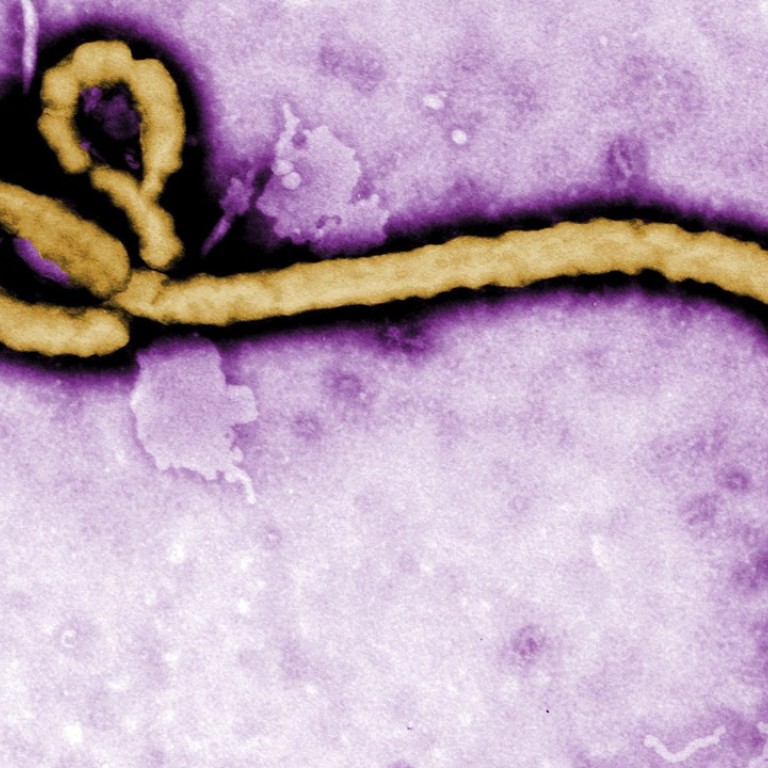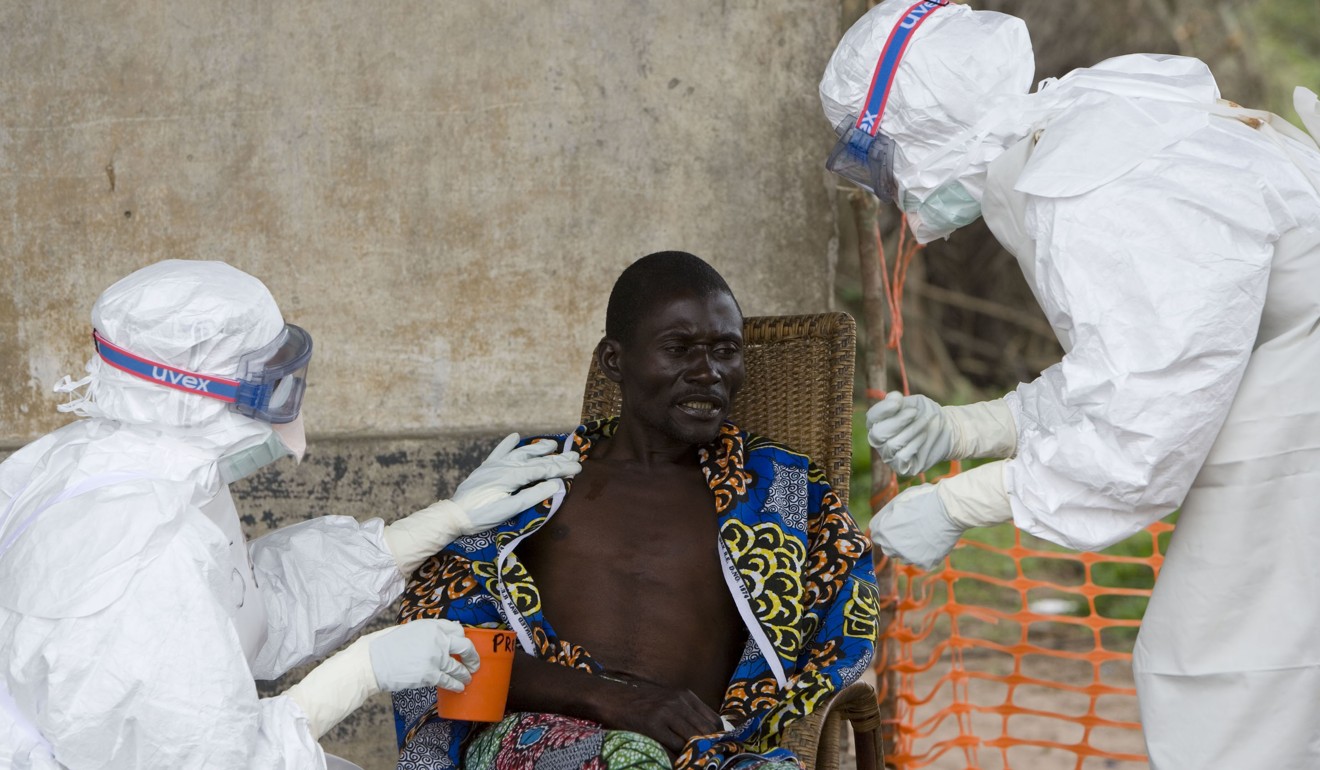
New outbreak of Ebola kills 17 in northwest Congo, sparking warning about ‘international impact’
The new infections come four years after the worst Ebola outbreak on record killed more than 11,000 people in West Africa
A fresh outbreak of the deadly disease Ebola has killed 17 people in northwest Democratic Republic of Congo (DRC) and sparked warnings of a “public health emergency with international impact” from the health ministry.
“Twenty-one cases of fever with haemorrhagic indications and 17 deaths” have been recorded in Equateur province, it said, citing a notification to the ministry as of May 3.
It is the DRC’s ninth known outbreak of Ebola since 1976, when the deadly viral disease was first identified in then-Zaire by a Belgian-led team.
In Geneva, the World Health Organisation (WHO) said lab tests in the DRC confirmed the presence of Ebola virus in two out of five samples collected from patients.
“WHO is working closely with the government of the DRC to rapidly scale up its operations and mobilise health partners, using the model of a successful response to a similar … outbreak in 2017,” it said in a statement.
It said it had released US$1 million from an emergency contingency fund, set up a coordination group and deployed more than 50 experts to work with the DRC government and health agencies.
“The action plan prepared by the health ministry has been approved,” an official statement released after a cabinet meeting said.
“Since the notification of the cases on May 3, no deaths have been reported,” it said, without specifying when the first case came to light.
The outbreak occurred in Bikoro, on the shores of Lake Tumba.
All the cases were reported from a clinic at Ilkoko Iponge, located about 30km from Bikoro, where treatment capacities are limited, the WHO said.
A team of experts from the WHO, Medecins Sans Frontieres (DRC) and Equateur province travelled to Bikoro on Tuesday to strengthen coordination and carry out investigations, it said.
Ebola is one of the world’s most notorious diseases, being both highly infectious and extremely lethal.
It is caused by a virus that has a natural reservoir in the bat, which does not itself fall ill, but can pass the microbe on to humans who hunt it for “bushmeat”.

Following an incubation period of between two and 21 days, Ebola develops into a high fever, weakness, intense muscle and joint pain, headaches and a sore throat.
That is often followed by vomiting and diarrhoea, skin eruptions, kidney and liver failure, and internal and external bleeding.
The worst-ever Ebola outbreak started in December 2013 in southern Guinea before spreading to two neighbouring west African countries, Liberia and Sierra Leone.
That outbreak killed more than 11,300 people out of nearly 29,000 registered cases, according to WHO estimates, although the real figure is thought to be significantly higher.
More than 99 per cent of victims were in the three West African countries, although cases occurred in other parts of the world, often stirring panic.
There is no current vaccine to prevent Ebola or licensed treatment for it, although a range of experimental drugs are in development. Early care with rehydration may boost the chance of survival.
Given the lack of a pharmaceutical weapon against Ebola, health experts have responded with time-honoured measures of control, prevention and containment.
They use rigorous protocols to protect medical personnel with disposable full-body suits, masks, goggles and gloves and disinfecting sprays.

.png?itok=arIb17P0)